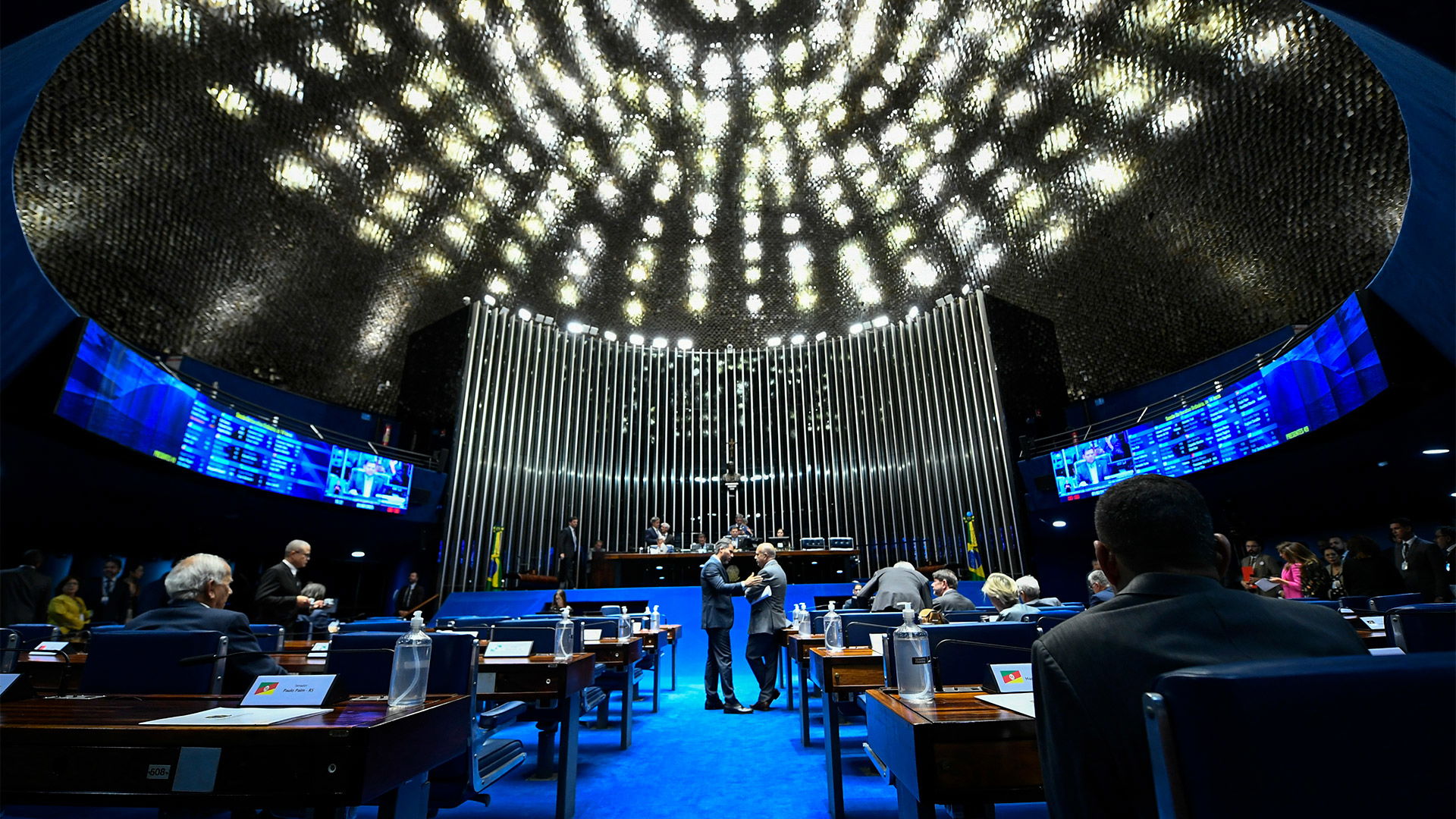Nevada Rep. Dina Titus pushes amendment to national defense bill to reverse gambling tax change

Nevada Rep. Dina Titus is pursuing a legislative path to restore full wagering loss deductions for gamblers by attaching her Fair Accounting for Income Realized from Betting Earnings Taxation Act (FAIR BET Act) to the 2026 National Defense Authorization Act (NDAA).
Titus, co-chair of the Congressional Gaming Caucus, first filed the FAIR BET Act on July 7 in response to President Donald Trump’s One Big Beautiful Bill Act (OBBBA), signed on July 4.
The OBBBA reduced the amount of gambling losses that can be deducted from 100% to 90%, effective Jan. 1, 2026. Critics from the gambling sector argue that the change could result in bettors paying taxes on money they never actually won.
By proposing the FAIR BET Act as an NDAA amendment, Titus aims to take advantage of the defense bill’s status as “must-pass” legislation, potentially increasing the likelihood of approval without requiring a separate vote.
“I strongly encourage the Republicans to make this amendment in order when it goes before the House Rules Committee upon our return to Congress next month,” Titus said.
Legislative process and next steps
The amendment has been submitted to the Rules Committee for H.R. 3838, the NDAA bill for fiscal year 2026. Titus’ office said a schedule for the committee hearing and floor vote has not been confirmed, but is expected in the coming weeks.
The original FAIR BET Act, a one-line bill that would change the OBBBA language from “90 percent” back to “100 percent,” remains with the House Ways and Means Committee (WAM) and currently has 10 co-sponsors. Congressional action on the proposal will not advance until lawmakers return from recess in September.
Bipartisan support and industry involvement
The proposal has drawn bipartisan attention, with WAM chair Rep. Jason Smith previously acknowledging that members of both parties are seeking to address the issue before the new tax rules take effect. Smith, along with other Republicans, has voiced concerns about the provision, with some legislators indicating they were unaware of its inclusion in the OBBBA.
Additional bills with similar objectives have been introduced, including the Winnings and Gains Expense Restoration Act (WAGER Act) by Rep. Andy Barr and the Facilitating Unbiased Loss Limitations to Help Our Unique Service Economy Act (FULL HOUSE Act) by Sen. Catherine Cortez Masto.
Titus said her proposal has support from groups such as the Nevada Resorts Association, Nevada Gov. Joe Lombardo, several tribal governments, and the American Gaming Association (AGA). In a letter to WAM, the AGA stated that the OBBBA provision “creates an unfair precedent by taxing phantom income and uniquely penalizing a legal, heavily regulated activity.”
Executives from major operators have also engaged with lawmakers. MGM Resorts International CEO Bill Hornbuckle said he, Caesars CEO Tom Reeg, and Wynn Resorts CEO Craig Billings have met with members of Congress to discuss the rule change’s impact on the industry.















